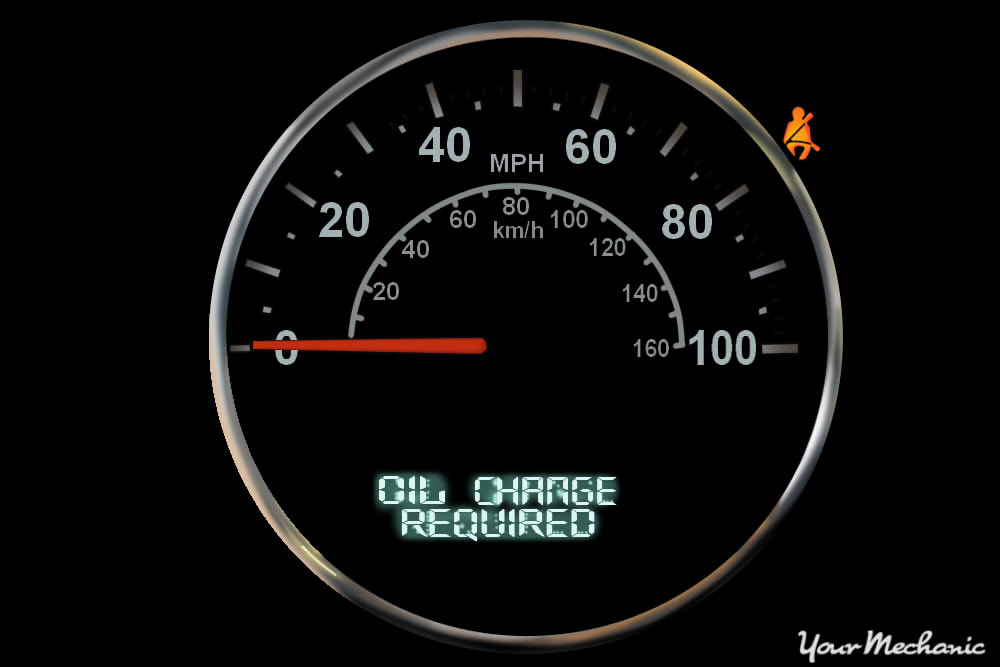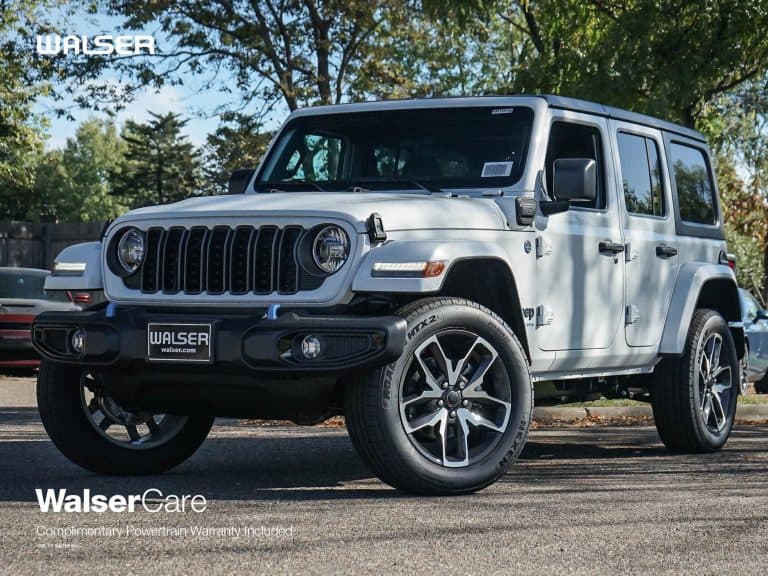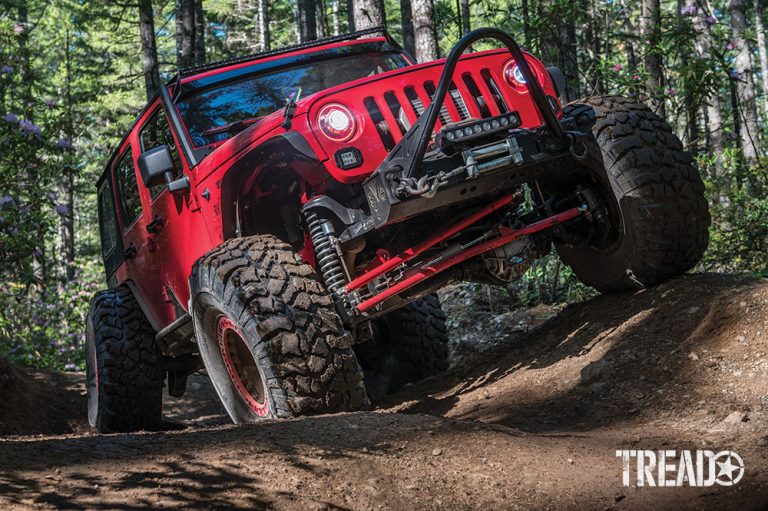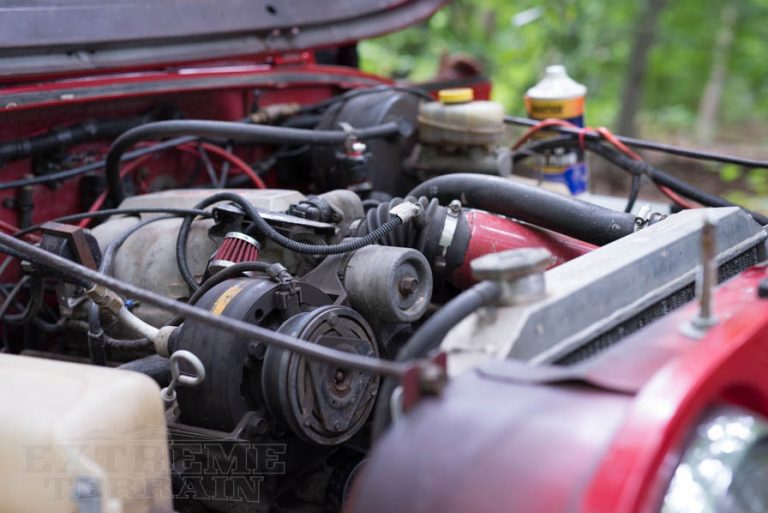How Do I Know When My Jeep Wrangler Needs an Oil Change
To determine when your Jeep Wrangler needs an oil change, follow the manufacturer’s recommended maintenance schedule based on mileage or time elapsed. Look out for warning signs like the oil change indicator light on your dashboard or a noticeable decrease in engine performance.
Regular oil changes are essential to keep your Jeep Wrangler running smoothly and to prevent costly engine damage. Neglecting oil changes can lead to poor fuel economy, decreased engine lifespan, and potential breakdowns on the road. By staying proactive and adhering to the maintenance schedule, you can ensure optimal performance and longevity for your Jeep Wrangler.
Trust your intuition and consult with a professional mechanic if you are unsure about the timing for an oil change.

Credit: m.youtube.com
Signs Of A Needed Oil Change
When it comes to maintaining your Jeep Wrangler, keeping an eye on its oil is crucial. Ignoring the need for an oil change can lead to severe engine damage and costly repairs. Recognizing the signs that indicate it’s time for an oil change is essential for maintaining the health and performance of your vehicle.
Oil Pressure Warning Light
If your Jeep Wrangler is equipped with an oil pressure warning light, pay attention to it. If the light illuminates while driving, it could indicate low oil pressure, which requires immediate attention. Low oil pressure can lead to engine damage, making it essential to address the issue promptly.
Check Engine Light
The check engine light can also signal the need for an oil change. When this light comes on, it could indicate various issues, including low oil levels or dirty oil. It’s essential to have the vehicle inspected by a professional to determine the exact cause and address any potential oil-related issues.
Dark, Dirty, Or Milky Oil
Checking the condition of your Jeep’s oil is a straightforward way to determine if an oil change is necessary. If the oil appears dark, dirty, or has a milky consistency, it’s a clear indicator that it’s time for a change. Clean and fresh oil is vital for optimal engine performance and longevity.
Engine Or Exhaust Noise
Unusual engine or exhaust noises can be a sign of oil-related issues. When the oil becomes old and ineffective, it can lead to increased friction and wear within the engine, resulting in strange sounds. If you notice any unusual noises, it’s important to have the vehicle inspected by a professional to assess the condition of the oil.
Increased Engine Heat
An engine running hotter than usual could be a result of old or insufficient oil. Proper lubrication is crucial for managing engine temperature, and outdated oil can lead to increased heat levels. Monitoring your Jeep’s engine temperature can help identify if an oil change is necessary.
Factors That Affect Oil Change Frequency
Oil change frequency for a Jeep Wrangler depends on various factors including mileage, driving conditions, and the type of oil used. Regular maintenance is crucial to ensure optimal engine performance and longevity.
Driving Conditions
Factors such as frequent off-roading or stop-and-go city driving can accelerate oil degradation.
Type Of Oil Used
Conventional, synthetic, or blend oils have different performance levels affecting oil change frequency.
Oil Filter Condition
A clogged or dirty oil filter can restrict oil flow and reduce engine protection.
Mileage
Regularly monitor mileage as reaching recommended intervals signals an oil change necessity.
Manufacturer’s Recommendations
Follow vehicle-specific guidelines for optimal maintenance and engine performance.
Factors that Affect Oil Change Frequency Factors such as frequent off-roading or stop-and-go city driving can accelerate oil degradation. Conventional, synthetic, or blend oils have different performance levels affecting oil change frequency. A clogged or dirty oil filter can restrict oil flow and reduce engine protection. Regularly monitor mileage as reaching recommended intervals signals an oil change necessity. Follow vehicle-specific guidelines for optimal maintenance and engine performance.
How Often Should You Change Your Jeep Wrangler’s Oil
Wondering how often should you change your Jeep Wrangler’s oil? Regular oil changes are crucial in maintaining the optimal performance and longevity of your vehicle.
General Guidelines
Jeep recommends changing your Wrangler’s oil every 5,000 miles or every six months, whichever comes first.
Severe Driving Conditions
For those who drive in severe conditions, such as frequent off-roading, towing heavy loads, or extreme temperatures, it is advisable to change the oil every 3,000 miles or more often.
Synthetic Vs Conventional Oil
While conventional oil is budget-friendly, synthetic oil offers better protection and performance, allowing for longer oil change intervals. In summary: Regular oil changes based on Jeep’s recommendations are key to keeping your Wrangler running smoothly.

Credit: www.yourmechanic.com
Importance Of Regular Oil Changes
Regular oil changes are crucial for maintaining the performance and longevity of your Jeep Wrangler. Understanding the importance of this routine maintenance can help prevent costly repairs and keep your vehicle running smoothly. Here’s a closer look at why regular oil changes are vital for the health of your Jeep’s engine.
Engine Lubrication
Fresh oil is essential for lubricating the engine components and minimizing friction, which can lead to wear and tear. By ensuring proper lubrication, you can help reduce the risk of overheating and mechanical breakdowns.
Engine Performance
Regular oil changes promote optimal engine performance by allowing the engine to run smoothly and efficiently. A well-lubricated engine can help maintain power and responsiveness during your adventures on and off the road.
Fuel Efficiency
Clean and fresh oil can contribute to improved fuel efficiency by reducing the strain on the engine and enabling it to operate more effectively. With proper lubrication, your Jeep Wrangler can achieve better mileage.
Preventing Engine Damage
Regular oil changes can help prevent costly engine damage by reducing the accumulation of harmful deposits and contaminants. This proactive maintenance can shield the engine from wear and corrosion, preserving its reliability.
Prolonged Engine Life
By maintaining clean and high-quality oil, you can help ensure the long-term health of your Jeep’s engine. Regular oil changes can extend the lifespan of your engine, allowing you to enjoy many miles of trouble-free driving.
Steps To Perform An Oil Change On A Jeep Wrangler
To ensure your Jeep Wrangler is operating smoothly, regularly check the oil level and color, and follow the manufacturer’s recommendations for oil change intervals. Look for signs of oil contamination like a dark color or a burnt smell, which could indicate it’s time for an oil change.
Regular maintenance is essential for the long-term performance of your Jeep Wrangler.
Gather Necessary Tools And Materials
Before you begin the oil change process on your Jeep Wrangler, it’s important to gather all the necessary tools and materials. Here is a list of items you’ll need:
| 1. Oil filter wrench | 2. Drain pan |
| 3. Socket set | 4. Funnel |
| 5. New oil filter | 6. New oil |
| 7. Safety gloves | |
Prepare The Vehicle
Now that you have all the necessary tools and materials, you can start preparing your Jeep Wrangler for the oil change. Follow these steps:
- Ensure the vehicle is parked on level ground and the engine has cooled down.
- Locate the oil drain plug under the engine.
- Place the drain pan underneath the drain plug to catch the old oil.
Drain The Old Oil
Once the vehicle is prepared, you can proceed to drain the old oil. Here’s how:
- Using the socket set, carefully remove the oil drain plug.
- Allow the old oil to fully drain into the drain pan.
- Once the oil has stopped flowing, reinstall the drain plug.
Replace The Oil Filter
After draining the old oil, it’s important to replace the oil filter. Follow these steps:
- Using the oil filter wrench, loosen and remove the old oil filter.
- Apply a thin layer of fresh oil to the rubber gasket on the new oil filter.
- Screw the new oil filter onto the engine by hand, ensuring it is securely tightened.
Refill With Fresh Oil
With the old oil drained and the new oil filter in place, it’s time to refill the engine with fresh oil. Here’s what you need to do:
- Locate the oil filler cap on the top of the engine.
- Remove the cap and insert the funnel into the opening.
- Pour the recommended amount of new oil into the engine, as specified in your owner’s manual.
- Once the oil is filled, secure the oil filler cap back in place.
Perform A Final Check
After completing the oil change, it’s important to perform a final check to ensure everything is in order. Take the following steps:
- Inspect the area around the oil filter and drain plug for any leaks.
- Double-check that the drain plug and oil filter are securely tightened.
- Start the engine and let it run for a few minutes to circulate the fresh oil.
Congratulations! You’ve successfully performed an oil change on your Jeep Wrangler. Remember to safely dispose of the used oil and filter at a recycling facility.
Credit: www.jlwranglerforums.com
Frequently Asked Questions Of How Do I Know When My Jeep Wrangler Needs An Oil Change
How Often Should I Change The Oil In My Jeep Wrangler?
It is recommended to change the oil in your Jeep Wrangler every 5,000 to 7,500 miles, or every six months, whichever comes first. Regular oil changes help to keep your engine running smoothly and prolong the life of your vehicle.
What Are The Signs That My Jeep Wrangler Needs An Oil Change?
There are several signs that indicate your Jeep Wrangler needs an oil change. These include a dashboard warning light, decreased fuel efficiency, engine noise, a burning smell, and dirty or dark colored oil on the dipstick. If you experience any of these, it is time to schedule an oil change.
Can I Extend The Oil Change Interval In My Jeep Wrangler?
While some modern vehicles have extended oil change intervals, it is generally not recommended to extend the oil change interval in your Jeep Wrangler. Regular oil changes are essential to maintain the health of your engine, and neglecting them can lead to costly repairs in the long run.
What Type Of Oil Should I Use In My Jeep Wrangler?
The type of oil you should use in your Jeep Wrangler depends on the model year and engine type. It is best to consult your owner’s manual or check with a certified technician to determine the correct oil specification for your specific vehicle.
Using the recommended oil will help ensure optimal engine performance and longevity.
Conclusion
It’s essential to keep an eye on your Jeep Wrangler’s oil level and quality. Regular oil changes ensure optimal engine performance and longevity. Don’t ignore warning signs like strange engine noises or decreased fuel efficiency. Trust your owner’s manual and schedule oil changes accordingly to maintain peak performance.
Taking care of your Jeep now will save you headaches later.





